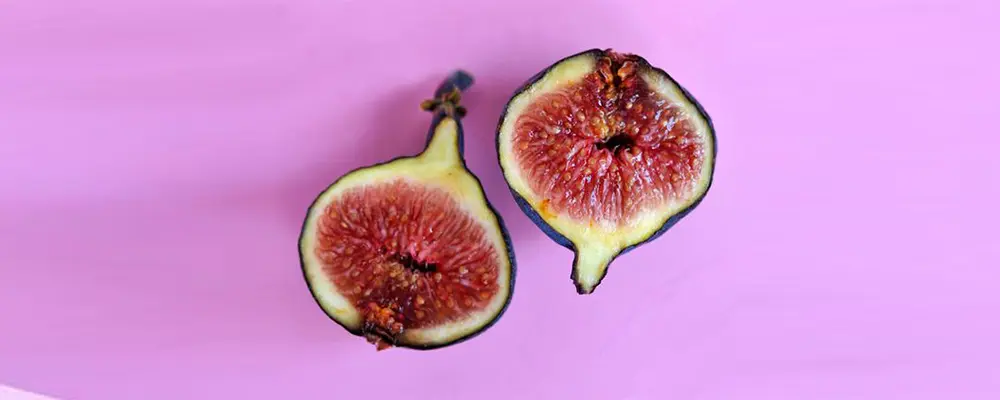Eczema, commonly called atopic dermatitis, is a widespread skin condition that manifests as itchy and red patches, but what does vulvar eczema look like? This condition can affect various parts of the body, and when it occurs on the external genital area, it is specifically called Vulvar Eczema. It often extends to surrounding areas such as the anal opening and the region between the buttocks. This can lead to significant discomfort and irritation in these sensitive areas.
Three primary types of eczema that can affect the vulva, each with its own triggers and characteristics:
- Atopic Eczema: This type is often linked to a genetic predisposition and can be associated with other atopic conditions such as asthma and hay fever. It is characterized by chronic, itchy, and inflamed skin.
- Allergic Eczema: Also known as allergic contact dermatitis, occurs when the skin reacts to an allergen. Common allergens include fragrances, preservatives in creams, and certain fabrics. The reaction can cause severe itching and redness.
- Irritant Contact Eczema: This type is triggered by direct irritation from substances such as soaps, detergents, or prolonged moisture exposure. It leads to inflammation and discomfort in the affected areas.
Identifying triggers and avoiding irritants can significantly reduce symptoms of vulvar dermatitis and improve the quality of life for those affected by this condition.
Also read: Hives vs Eczema: Know the Differences
The Itch Factor: The Hidden Triggers of Vulvar Eczema

Vulvar eczema can be caused by a variety of factors, which often interplay to trigger or exacerbate the condition. The key causes of vulvar dermatitis include:
Genetic Factors
- Family History: Genetic predisposition to eczema or related conditions like asthma and hay fever
- Skin Sensitivity: Naturally sensitive skin is more prone to eczema
Environmental Triggers
- Irritants: Harsh soaps, detergents, bubble baths, and fragranced personal care products
- Allergens: Reactions to latex, certain fabrics, and ingredients in creams or lubricants
- Climate: Extreme weather conditions like heat, humidity, or cold
Hormonal Changes
- Menstruation: Hormonal fluctuations during the menstrual cycle
- Pregnancy: Hormonal changes affecting skin barrier function
- Menopause: Reduced estrogen levels leading to skin dryness and sensitivity
Infections and Inflammatory Conditions
- Yeast Infections: Recurrent yeast infections causing irritation
- Bacterial Infections: Bacterial infections leading to inflammation
Mechanical Irritation
- Clothing: Tight-fitting clothing and synthetic fabrics causing friction
- Hygiene Practices: Over-washing, douching, or using harsh cleansing methods stripping natural oils
- Stress and Emotional Factors: Stress and anxiety can weaken the immune system and make one more prone to eczema
Underlying Skin Conditions
- Pre-existing Eczema: Existing eczema elsewhere on the body
- Dermatitis: Conditions like seborrheic dermatitis affecting the vulvar area
Spot the Signs & Symptoms of Vulvar Dermatitis: What does Vulvar Eczema Looks Like?
So, what does vulvar eczema look like? Vulvar itching (vulvitis) is the primary symptom of vulvar dermatitis and can vary in intensity from mild to severe. Other possible symptoms include:
- A burning, stinging, or raw sensation in the skin
- Patches of skin that feel thicker than the surrounding area
- Patches of skin that appear red or darker compared to the surrounding skin, depending on your skin tone
- A wet sensation in the vulva due to fluid seeping from damaged skin (weeping)
Decoding the Diagnosis of Vulvar Eczema
Diagnosing vulvar eczema involves a combination of clinical evaluation and, in some cases, diagnostic tests. These include the following:
- A detailed medical history, including any personal or family history of eczema, allergies, or other skin conditions
- Information about the onset, duration, and severity of symptoms of vulvar dermatitis, as well as any potential triggers, is crucial
- A thorough examination of the vulvar area is performed to assess the extent and nature of the skin changes
- In some cases, a small skin biopsy may be taken to rule out other skin conditions and confirm the diagnosis of eczema
- Tests for infections such as yeast or bacterial infections may be conducted, as these can exacerbate or mimic eczema symptoms
Also read: Dermatitis Herpetiformis vs Eczema: Learn the Difference?
Guide to Managing and Treating Vulvar Eczema
As with managing every skin condition, there’s nothing a little ongoing TLC won’t take care of. Managing vulvar eczema typically involves a combination of lifestyle modifications, topical treatments, and, in some cases, systemic medications. Here are some common treatment strategies:
- Corticosteroids: Topical corticosteroid creams or ointments can help reduce inflammation and itching. These should be used as guided by a health care provider to avoid potential side effects on side effects.
- Calcineurin Inhibitors: Topical calcineurin inhibitors (e.g., tacrolimus or pimecrolimus) may be prescribed for long-term management to reduce inflammation without the side effects associated with corticosteroids.
- Antihistamines: Oral antihistamines may be recommended to help control itching, especially if it disrupts sleep.
- Antibiotics or Antifungals: If secondary infections are present, appropriate antibiotics or antifungal medications may be prescribed.
- Systemic Treatments: In severe cases, systemic treatments such as oral corticosteroids or immunosuppressive drugs may be necessary under the supervision of a specialist.
- Avoid Irritants: Identify and avoid potential triggers such as harsh soaps, scented products, tight-fitting clothing, and certain fabrics.
- Gentle Hygiene: Use mild, fragrance-free cleansers and avoid over-washing. Pat the area dry gently after bathing.
- Moisturizers: Regularly apply hypoallergenic, fragrance-free moisturizers to keep the skin hydrated and reduce dryness and itching.
Also read: Eczema vs. Scabies: How to Tell These Common Skin Conditions Apart
In a Nutshell
Eczema can appear on any part of the body. If you notice symptoms on your arms, face, or nipples, it might also develop in other areas. Similarly, if it starts on your vulva, it could spread to different parts of your body. Eczema doesn’t follow a predictable pattern; it seems to have a mind of its own. However, ladies, take a breather, vulvar eczema can be managed. Recognizing the symptoms, understanding the causes of vulvar dermatitis, and identifying what does vulvar eczema looks like, and its key triggers are all ways you could keep yourself informed and the eczema at bay, especially down there.
Diagnosis requires a medical history examination, physical examination, and additional tests. Treatment combines lifestyle changes, such as avoiding irritants and practicing gentle hygiene, with medical therapies like topical corticosteroids, calcineurin inhibitors, and antihistamines.
By following these strategies, you can significantly reduce symptoms and get things under control! With proper care, vulvar eczema and that associated itch could possibly be relieved.




